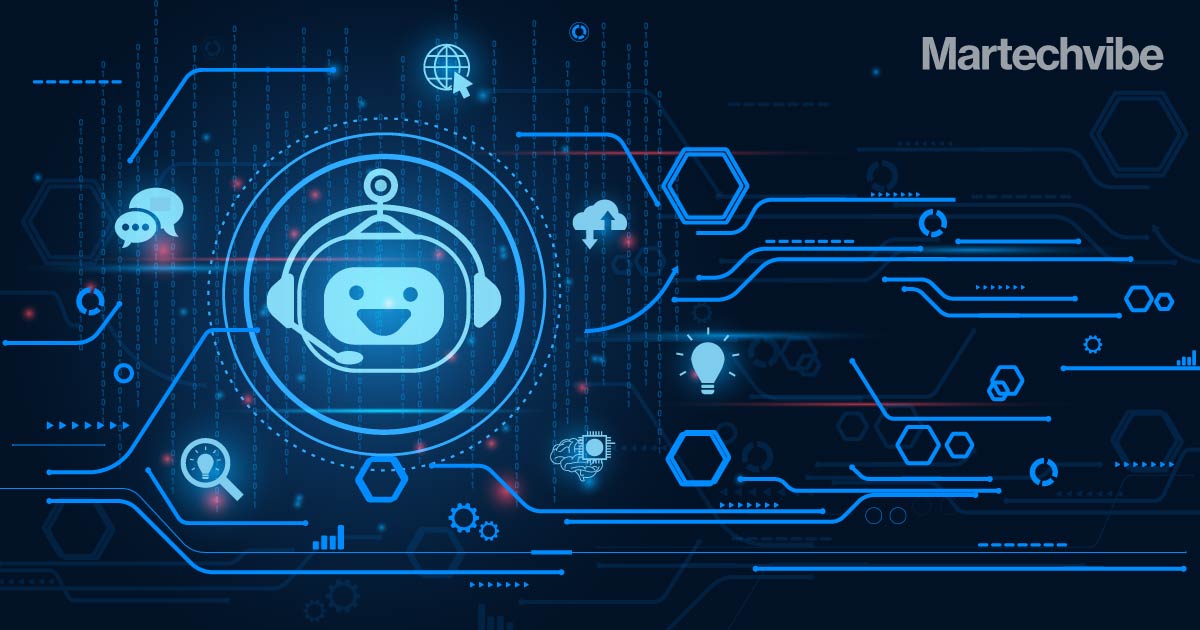Only 24% Of Consumers Think AI-Powered Chatbots can Understand and Respond Appropriately to Emotions: Research
Consumers are generally confident AI can provide faster customer service, but worry about their privacy and whether chatbots can respond to human emotions
Topics
What to Read Next

Qualtrics recently surveyed consumers to ask them what they know and what they think about AI and its potential impact. The majority of people surveyed in the study believe AI will eventually be fully integrated throughout personal and professional work, replacing some activities entirely.
Many people engage in AI technology via customer service chatbots, and 72% of people said they are generally comfortable with the idea of talking to them for their customer service needs.
The study revealed that when it comes to AI-powered chatbots:
- 41% of consumers believe the technology can provide faster customer service than human representatives.
- Speed alone is not always enough to win over customers, though. Nearly half of people who said they would switch to a company with faster customer service said knowing it was AI-powered service would make them think twice about switching, and 20% said it would prevent them from switching altogether.
- When it comes to AI-powered customer service, people are not confident in the accuracy of the service when compared with human reps, and do not believe chatbots can respond to emotions appropriately.
- Almost 60% of consumers are also concerned about the privacy of their personal information when interacting with an AI-powered chatbot.
- Disclosure is key –the majority (88%) of consumers want to know if they’re interacting with something created by AI, with 41% of consumers saying they always want to know.
In particular, consumers are most resistant to AI when it comes to situations that often rely on confidentiality and can have significant and long-lasting effects on their lives. They would least like AI to be involved in legal, financial and medical matters, even if the use of AI was disclosed. Older people are especially resistant, with more than half of people 55 years and older saying they would never be comfortable interacting with AI in those situations.
“AI has a lot of exciting potential as it’s moved from the realm of data scientists and academia to becoming one of the fastest growing consumer applications in history,” said Qualtrics Director of Product Management Ellen Loeshelle, who is leading AI development efforts at the company. “As AI is integrated into businesses, leaders can strengthen customer trust and relationships by being transparent about its use and focusing on protecting data and privacy.”









































































































